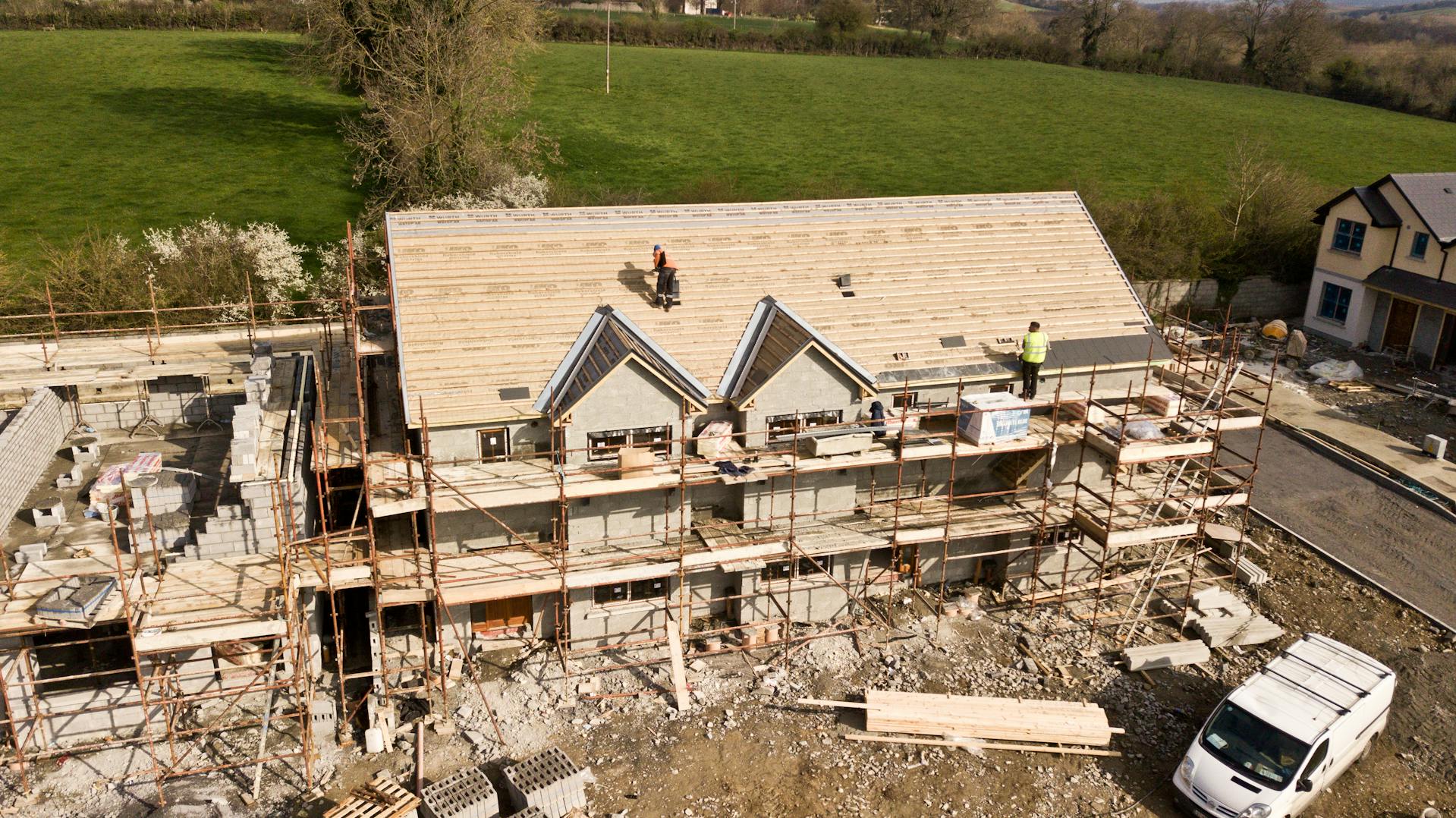

Question: Is it Cheaper to Build or Buy a House in Canada?
Answer: In Canada, whether it’s cheaper to build or buy a house depends on factors such as location, land costs, construction expenses, materials, labor, and market conditions. Generally, buying an existing home may be more cost-effective and time-efficient than building from scratch.
Is it Cheaper to Build or Buy a House in Canada? Building vs. Buying a Home
For many Canadians, homeownership represents a cornerstone of the dream life. But with rising housing costs, the question arises: is it cheaper to build a house from the ground up, or to buy an existing property? The answer, unfortunately, isn’t straightforward. Several factors influence the cost equation, making it crucial to weigh the advantages and disadvantages of each approach.
Cost Considerations: Building a New Home
Upfront Costs:
Building a house necessitates a significant upfront financial investment. Land acquisition, permits, construction materials, and labor costs all contribute to the bottom line. While you have more control over material selection and finishes, these choices directly impact the overall budget.Financing:
Construction loans typically come with higher interest rates compared to traditional mortgages. This is because builders face inherent risk factors during the construction process, which lenders price into the loan.Hidden Costs:
Unexpected expenses can crop up during construction. Material price fluctuations, labor cost overruns, and unforeseen site issues can all add to the final cost. It’s wise to factor in a contingency buffer to your budget to mitigate these risks. [ 1 ]
Click here for more information on realtors near me in Orangeville
Related Article: How Do You Plan a House Project?
Related Article: What is the Cheapest Type of House to Build in Canada?
Related Article: Is it Cheaper to Build a Bungalow or Two Story?
Cost Considerations: Buying an Existing Home
Lower Upfront Costs:
Generally, buying an existing home requires a smaller upfront investment compared to building. Existing homes come with established landscaping, driveways, and potentially finished basements – features that would add to the cost of a new build.Financing:
Traditional mortgages usually offer lower interest rates than construction loans. This translates to lower monthly payments over the life of the loan.Maintenance and Renovation Costs:
Existing homes may require immediate or future repairs and renovations. These costs can vary depending on the property’s age and condition. Factor in potential upgrades like roof replacements, appliance repairs, or outdated finishes.
Related Article: What are the Main Components of a Construction Plan?
Related Article: What Should I Look for in a Good Architect?
Related Article: How Much Does an Architect Charge to Draw House Plans?
Beyond the Bottom Line: Building a New Home
Customization:
Building a home affords the ultimate level of customization. You can design the layout, select materials, and incorporate energy-efficient features that align with your preferences and lifestyle.Energy Efficiency:
New homes can be built to adhere to the latest energy-efficient building codes. This translates to potentially lower utility bills over time.Warranty Coverage:
New homes typically come with builder warranties that cover defects in materials and workmanship for a set period.
Related Article: Do I Need an Architect to Design My House?
Related Article: What is the Most Cost Effective Building Material?
Related Article: What are the Best Eco Building Materials?
Beyond the Bottom Line: Buying an Existing Home
Established Neighborhoods:
Existing homes are often situated in established neighborhoods with mature trees, developed infrastructure, and a sense of community.Move-in Timeline:
You can potentially move in much sooner when buying an existing home compared to the construction timeframe of a new build.Unexpected Issues:
Potential problems like hidden structural issues, outdated electrical wiring, or inefficient plumbing may not be readily apparent during the buying process.
Related Article: How Long Does It Typically Take to Build a Home?
Related Article: How to Budget for a Custom Built Home?
Related Article: What is the Most Expensive Part of Building a House?
Making the Right Choice
The decision of whether to build or buy hinges on your individual priorities and circumstances. Consider your budget, timeline, desired level of customization, and long-term plans.
If you prioritize a brand-new, energy-efficient home with a modern layout and are prepared for a longer timeline and potentially higher upfront costs, building might be the better option.
On the other hand, if affordability, a shorter timeline, and the charm of an established neighborhood are more important factors, buying an existing home may be the more suitable choice.
Related Article: What are the Benefits of Custom Home Building?
Related Article: What is the Difference Between a Custom Home Builder and a Production Home Builder?
Related Article: What are the Stages of Home Construction?
Consulting with Professionals
Ultimately, seeking professional guidance from a realtor and a builder can be invaluable. A realtor can provide insights into the current housing market and help you find a suitable existing property or locate a desirable lot for building.
A qualified builder can offer a detailed cost estimate for your desired build and navigate the intricacies of the construction process. By carefully considering all aspects, you can make an informed decision and turn your dream of homeownership into a reality.
References
1. https://www.strawhomes.com/is-it-cheaper-to-build-or-buy-a-house/


